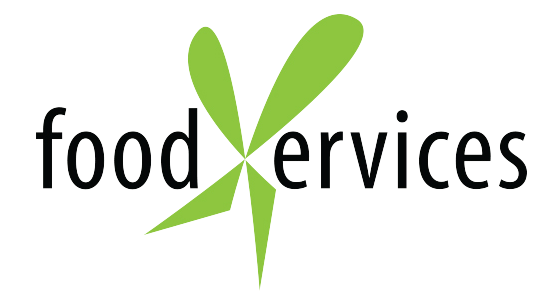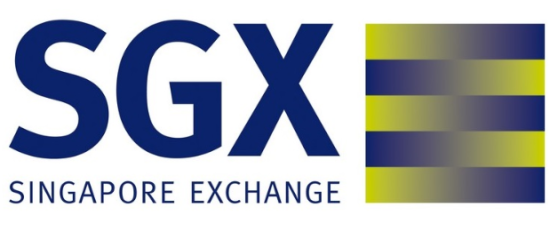Traditionally, the accounting function’s role is always viewed as that of a steward, the control centre for the organisation, rather than the catalyst for enterprise growth. The term ‘back office’ is often used to describe the operating nature of accounting function. So in today’s volatile global business environment, the key challenge for accounting function is how to lead the enterprise in its growth strategies while ensuring effective risk management and stewardship of the enterprise. With complexity and data proliferation, increasingly the CEO and the board turn to accountants to help make sense of data, to help cut through this complexity, and to provide more informed analysis on the business and its operation. The opportunity for accounting function is if it can generate the insights that help make better corporate decision making, while continuing to ensure effective control of the enterprise, its reputation as a catalyst for growth will be guaranteed. To do so, traditional accounting departments may have to transform themselves into ‘intelligent accounting functions’. Intelligent accounting functions run their operations as cost effectively as possible, leveraging technology to reduce finance operating costs; strengthen stewardship and control so as to establish a solid foundation to support growth.
The course aims to achieve the following objectives:
• Real-world problem solving through student consultancy project
• Apply classroom learning and research to real-world challenges in order to envision solutions for an intelligent accounting function
• Understand the changing role of finance function
• Understand how to simplify, streamline and harmonize essential finance processes to create a leaner, more efficient finance function
• Learn how to use a data visualization tool
• Experiential and peer-learning
• Active mentoring by faculty and project sponsors
• Learn how to handle uncertainty in a project

Students developed a predictive model based on existing customer data, market trends and historical data to analyse and predict customer behaviours, and create new business opportunities.

Students analysed the financial statements, variance analysis report and summary of performance to help develop an automation logic, where possible, for the variance analysis and summary of performance.